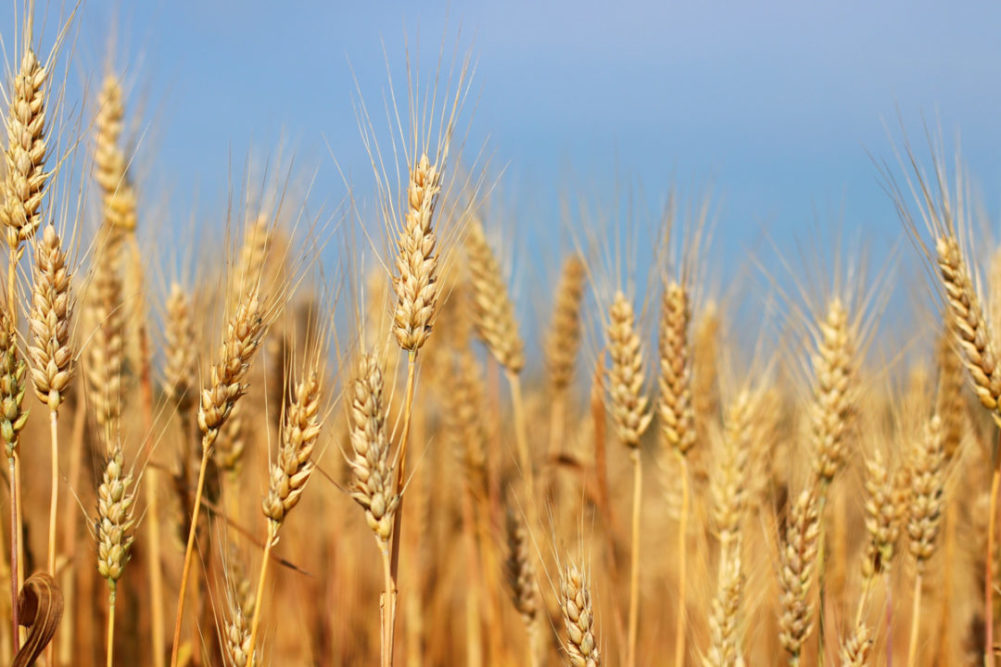SÃO PAULO, BRAZIL — Brazil, the world’s top exporter of soybeans but a net importer of wheat, is testing a drought resistant, genetically modified variety of wheat as it seeks to become more self-sufficient in the staple food crop, Reuters reported.
An official at state crop research agency Embrapa told Reuters on June 3 that it has partnered with Argentine company Bioceres, which has developed a genetically modified wheat that can thrive in dry weather.
Embrapa received regulatory approval from Brazil’s biosecurity agency CTNBio in March, when it began planting wheat on test fields near Brasilia in the center west Cerrado savannah region of the country, Jorge Lemainski, head of Embrapa's research for wheat, told Reuters in an interview. Results will be reported in August.
Some 90% of the wheat Brazil grows comes from the much wetter south. Planting the crop farther north could vastly increase the amount of wheat grown in Brazil. In the 2020-21 marketing year, Brazil produced 6.25 million tonnes of wheat while importing 6.395 million tonnes, according to the US Department of Agriculture (USDA).
The move is the latest sign of increasing interest worldwide in planting wheat that can withstand drought, as more extreme weather linked to climate change increases the risk of global food shortages.




